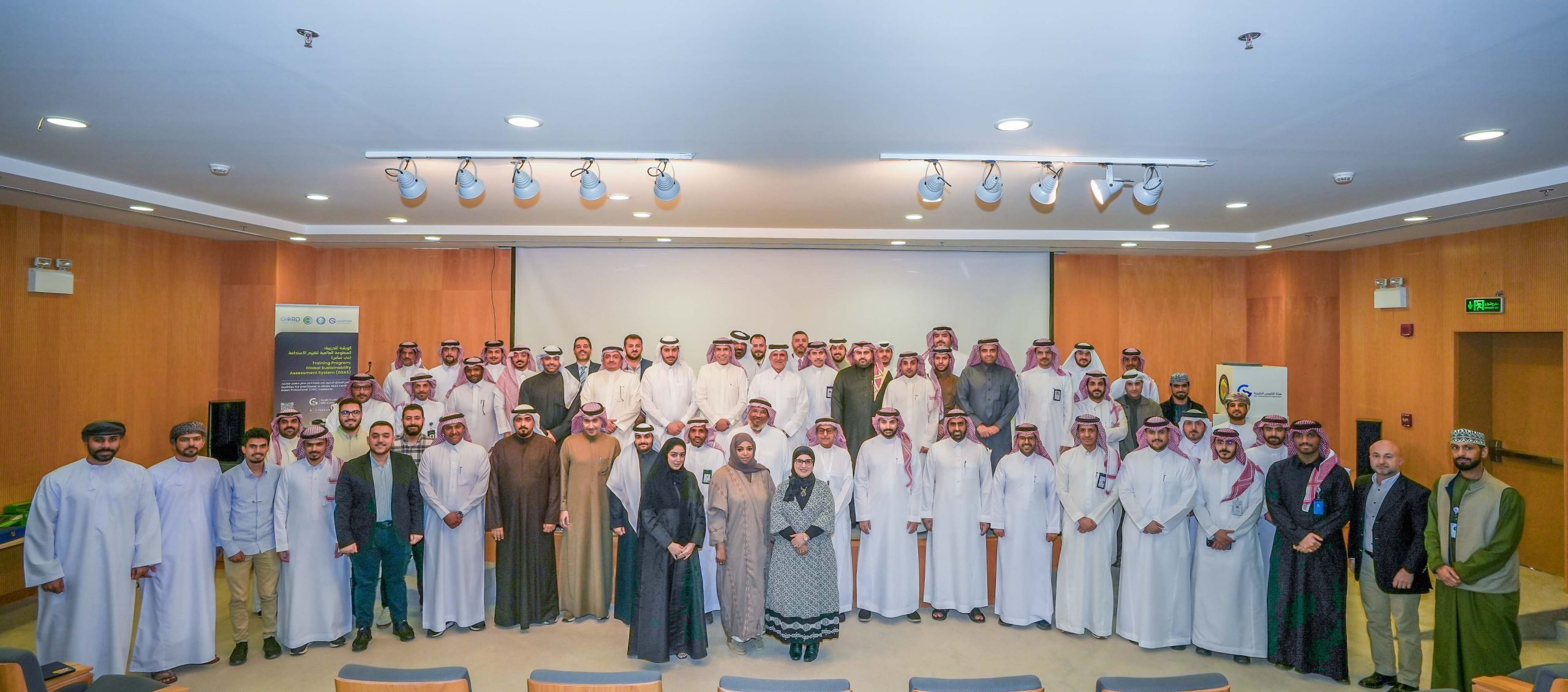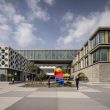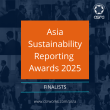Singapore will expand its eligibility list for international carbon crediting to include two newly approved methodologies from global carbon programme Verra, after securing its first set of nature-based carbon credits.
Three of the four projects from which the Republic will purchase credits — located in Ghana and Peru — will apply the new protocols, which will be incorporated into bilateral agreements signed with Peru and Ghana.
The first methodology covers afforestation, reforestation and revegetation (ARR) projects, setting out rules to quantify carbon dioxide captured by tree planting or forest restoration. It underpins Ghana’s project to restore the Kwahu tropical forest landscape and regenerate 51,000 hectares of degraded land.
The second is an updated approach for REDD+ initiatives, which aim to reduce emissions from deforestation and forest degradation. It introduces more precise, jurisdiction-wide baseline maps to improve accuracy. Two Peruvian projects will use this method to protect forested areas from logging.
The Singapore government will spend US$76.4 million to purchase more than two million carbon credits from these three projects and a fourth in Paraguay. Each credit represents one tonne of carbon dioxide either removed from the atmosphere or prevented from release.
While the methodologies were not previously on Singapore’s eligibility list, the National Climate Change Secretariat (NCCS) said they were approved following assessment and with the addition of “environmental integrity safeguards” related to permanence, additionality and leakage.
For ARR projects, credits must carry Verra’s Abacus label, which denotes high-quality ecosystem restoration with safeguards for agricultural production. For REDD+ projects, developers must verify actual emissions reductions and account for leakage beyond project boundaries before credits can be transferred to Singapore.
The safeguards are intended to address long-standing loopholes in REDD+, particularly the risk that deforestation is simply displaced to areas further away from project sites.
Singapore estimates it will rely on high-quality carbon credits to offset around 2.51 million tonnes of emissions annually over this decade. Since 2023, its eligibility list has included methodologies for agricultural land management, blue carbon ecosystems such as mangroves, and grasslands — projects typically seen as lower-risk due to clearer boundaries.
With carbon trading agreements now in place with nine countries, the government said the expanded list would ensure credits used towards its targets are “robust, verifiable and of high environmental integrity.”













